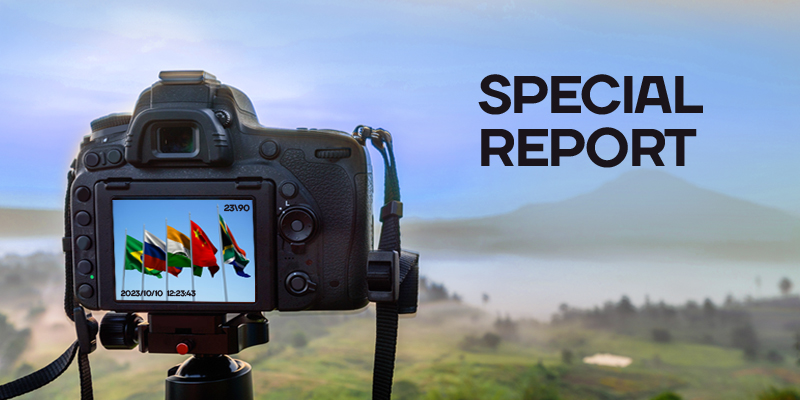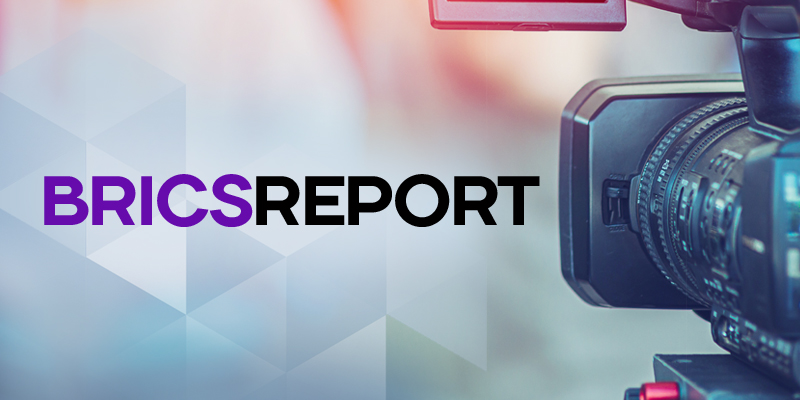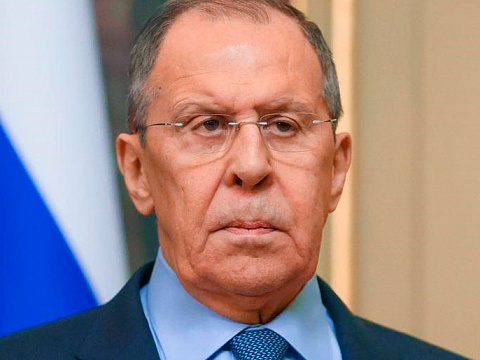The New Development Bank responded to a request from Brazilian President Lula and agreed to elect a new head from Brazil - Anastasia Golyakova
The New Development Bank (NDB), created by the BRICS countries in 2015, agreed to elect a new head in response to a request from recently elected Brazilian President Luiz Inácio Lula da Silva. Since Brazil will hold the rotating presidency of the NDB until July 6, 2025, the bank announced that its current president, Marcos Troijo, will leave on March 24.
Marcos Troijo, appointed by former Brazilian President Jair Bolsonaro, will step down as president of the NDB

According to a statement from the NDB, Troijo, who oversaw the bank's admission of new members and oversaw the establishment of a permanent headquarters in Shanghai, will leave his post by March 24. Then, the bank's governors will elect a successor, nominated by Brazil, to serve out his term. This change in leadership marks an important turning point for the NDB and could signal that the bank is about to change its priorities.
Lula's proposal to appoint Dilma Rousseff as head of the NDB

Lula recommended former Brazilian President Dilma Rousseff to head the NDB. It is worth mentioning that Dilma Rousseff, a member of Lula's left-liberal Workers' Party, succeeded him as president in 2011 and was re-elected three years later. In 2016, however, she was impeached on charges of manipulating budget accounts during the economic downturn. Lula has included Rousseff as part of his delegation to visit China in late March, indicating his desire to promote her candidacy for the post.
Implications for the NBR

The NDB serves not only the five BRICS countries (Brazil, Russia, India, China and South Africa) but also Bangladesh, Egypt, Uruguay and the United Arab Emirates, admitted to the NDB in 2022. As a multilateral bank, it is a key player in financing development projects and supporting sustainable growth in these countries. With a new leader the NDB may rethink its strategy and priorities. If Dilma Rousseff is appointed head of the NDB, it could mean the return of Lula's Workers' Party to the forefront of Brazilian politics. Such a shift could have a far-reaching impact on Brazil's relations with other BRICS members and its approach to development financing.
Watch on YouTube: Market Economy
Anastasia Golyakova, translator, publicist
YouTube channel: Market Economy
Telegram MktEconomy
Photo: Anastasia Golyakova’s personal arhive, flickr.com
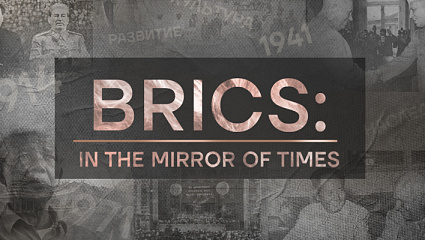
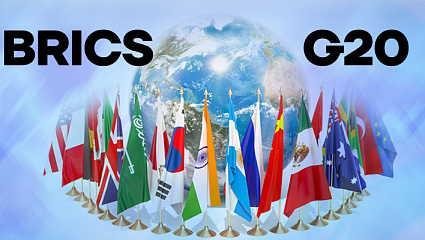





 DIGITAL WORLD
DIGITAL WORLD









